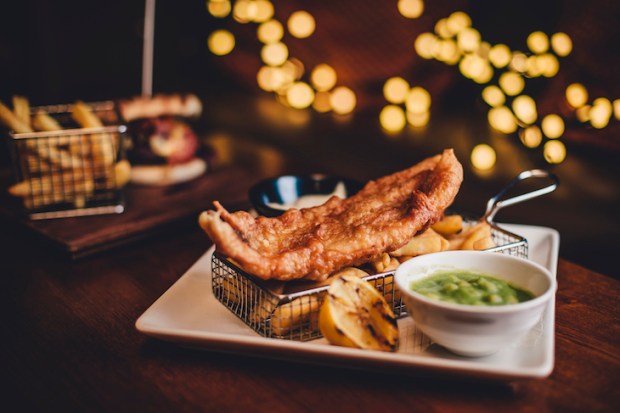Rachel Johnson, in last week’s Spectator diary, says that her husband says she only writes a book in order to have a launch party. Me too. My thoughts are too disordered to write a book from scratch, but now and then someone offers to publish a collection of these columns and I, fantasising about a party with all my pals there, agree to it.
Already a subscriber? Log in
Subscribe for just $2 a week
Try a month of The Spectator Australia absolutely free and without commitment. Not only that but – if you choose to continue – you’ll pay just $2 a week for your first year.
- Unlimited access to spectator.com.au and app
- The weekly edition on the Spectator Australia app
- Spectator podcasts and newsletters
- Full access to spectator.co.uk
Or















Comments
Don't miss out
Join the conversation with other Spectator Australia readers. Subscribe to leave a comment.
SUBSCRIBEAlready a subscriber? Log in